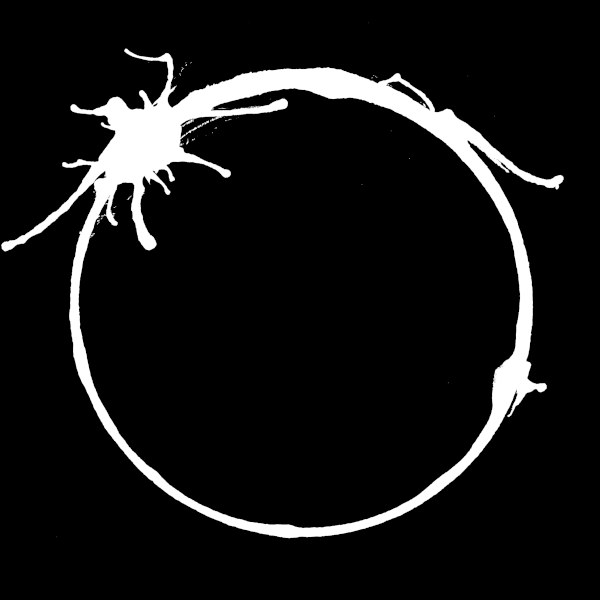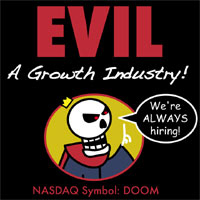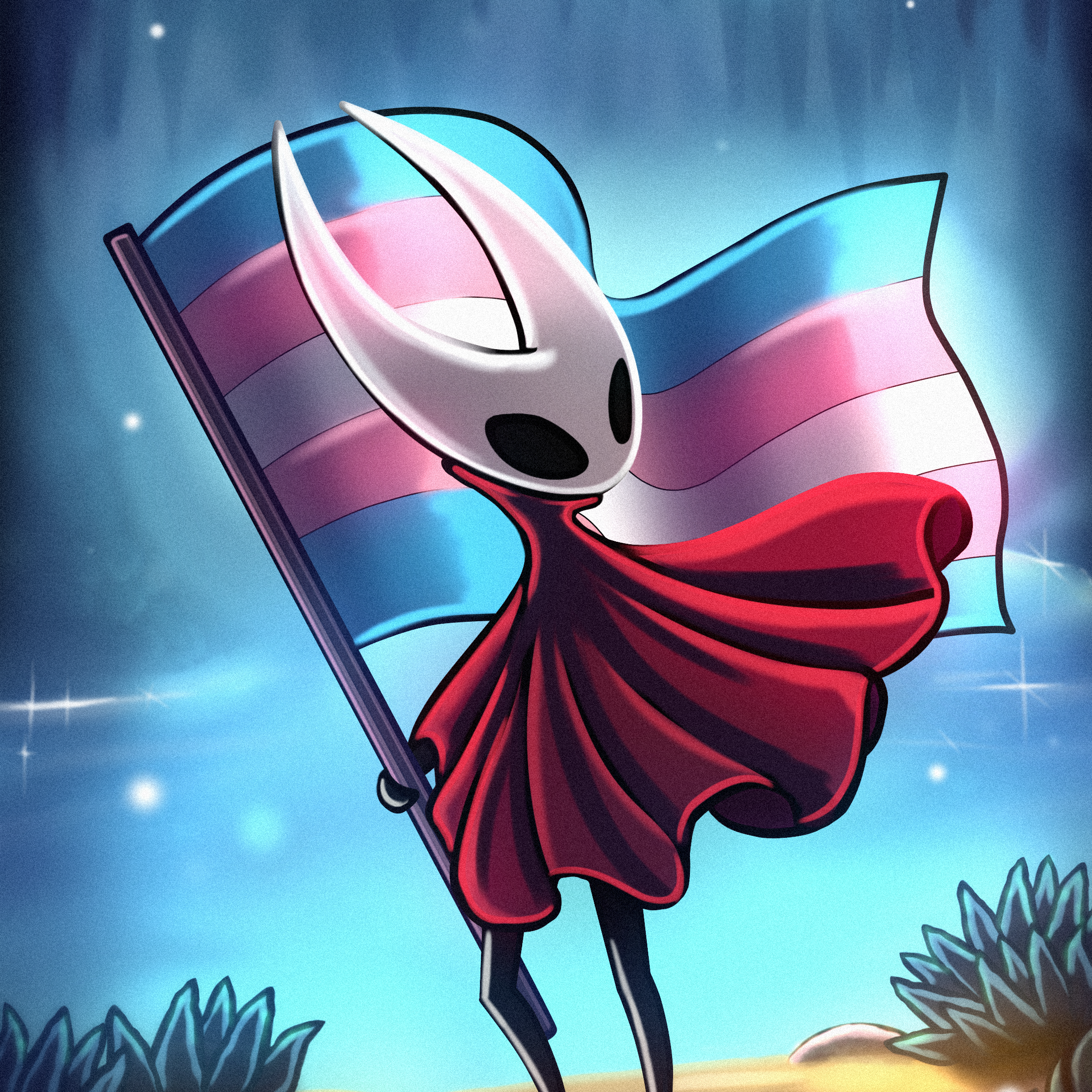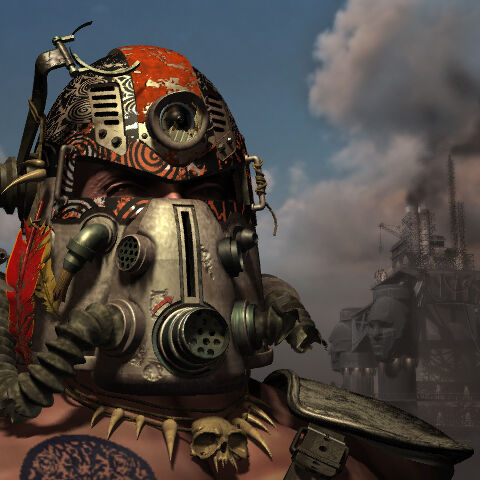I haven’t had any luck in finding sci-fi books recently. I’m looking for a longer story that takes its time to establish the world/universe and the characters living in it. I like the idea of exploring space or futuristic cities/landscapes and being on a journey together with the protagonist. The story doesn’t have to have a happy end or flawless characters, but I also don’t like it when everything is hopeless/dystopic and all the characters stumble from one flawed decision to the next one. Some examples of what I enjoyed so far are:
- Dune
- Project Hail Mary
- The Expanse Series
- Hyperion Cantos Series
- Bobiverse Series
- The Murderbot Diaries Series
- Tuf Voyaging
- Night’s Dawn Series (Might not be for everyone… contains excessive violence and some smut, but also some very interesting ideas)
- Vatta’s War Series (I usually don’t like military sci-fi, but this one wasn’t bad)
- The Interdependency Series
- Falling Free
If you enjoyed some of these stories and have any similar suggestions, feel free to share them here. If not, maybe consider checking out the list above… I highly recommend each of these entries.
Terra Ignota series by Ada Palmer. Interesting world where people choose their nationality and legal structure independent of physical borders.
Thanks! Added it to my list.
You should check out Arkady Martine’s A Memory Called Empire and Ann Leckie’s Ancillary trilogy.
I haven’t read a lot of science fiction recently, but if you like adventure and world building, then March Upcountry is a great read. The books are short, but it’s a series, so all together it makes up a thick book. :)
Red Rising by Pierce Brown. You seem to like a lot of the same books I do. I just found this series and I loved it.
Not sure if it tickles your fancy, but if you’re in the mood for a humorous space adventure with an elaborate story and serious undertones, give Ben Yahtzee Croshaw’s Will Save The Galaxy For Food a try.
Also, I haven’t seen Adrift and the Outer Earth Trilogy by Rob Boffard being mentioned here. Especially the former managed to instill a sense of dread in me while the story unfolded. The latter is a rather long read, though the first book (Tracer) is self-contained.
ETA: a somewhat different style, but if you like futuristic worlds / galaxies with tons of intricate details, try The Long Way to a Small, Angry Planet by Becky Chambers. Her world (universe, in fact) is incredibly rich in detail and diversity. Each alien race she introduces has its own complex backstory, values, language and culture.
The other books in the series didn’t grip me like this one - they add a lot of background, and in that she’s a genius, but for my taste the story was somewhat lacking.I’ll add “Will Save The Galaxy For Food” to my list, thanks! I’ve actually read Angry Planet a while ago and enjoyed it. A story that is really cozy and easy to read, that helped me through difficult times. In case you haven’t read the Murderbot Diaries, I’d highly recommend those. Despite the name, it’s also very nice to read.
Will look at Murderbot, thanks for the suggestion!
I hope you’ll enjoy WSTGFF.
Ditto on the Becky Chambers series. I actually liked the second book the most narratively, and if the OP likes Murderbot, they may really enjoy similar themes around artificial intelligence. I also really liked the final installment. It’s a familiar setup with strangers locked in a room together, but I found it very meditative. Also, it wraps up one series character’s journey to a decision that I found very profound.
Asimov’s Foundation series is pretty solid. Mostly the same main character for a few of them and then it’s his relatives / friends for the rest. Lots of “space politics” very similar to Dune but with a little less war and more science adventuring. I especially liked the first book in the series. The prequels are good but not required reading. It’s one trilogy with two prequels and two sequels released decades later.
edit: I also strongly recommend “The World at the End of Time,” which has a couple narratives intertwined but is mostly about one man who gets cryogenically frozen a couple times. Very adventurous and pretty sad. Lots of speculative future visions in that one.
Thanks for mentioning it. I definitely should’ve added it to my post, since I enjoyed that story so much. Also, just in case you haven’t seen the Apple TV adaptation of it… don’t… They completely botched that one imo.
I wrote a really long praise of Foundation before I realised that you’ve just said you already like it… instead I’ll just say have you read Caves of Steel and its sequels? They are set about 20k years before Foundation and are also very good
I haven’t read the robot series yet but I’ll definitely add it to my list now. Also, please don’t feel discurraged to post your perspective here. Even if I’ve already read the books, there might be others who’ll find it helpful!
deleted by creator
I’m not sure if The Expanse (TV series) ruined Foundation (TV) for me, if it’s just not a good adaptation, or if the books are just not particularly adaptable (or all three), but I agree. I only made it through the first two episodes before I gave up. I’ve heard the second season is better, but I don’t know if it’s worth it to force myself to sit through season 1 for.
The Expanse is just spectacular when it comes to realising its world but also, with how much depth there is to the characters and politics, Foundation immediately felt very shallow in comparison. Obviously The Expanse books lay a lot of the foundations for the TV series to build on, but I think the TV series did a great job of adapting it to a new medium without much being lost in translation, and it even added to it in its own ways. Foundation’s world-building, characterisation and politics all kind of just felt like it was going through the motions and showing surface-level stuff because it felt it had to rather than because it actually had any substance to work with. Which wasn’t helped by the fact that the books don’t provide much in that regard to work with.
Ultimately, I don’t think the Foundation books aren’t particularly well-suited to being adapted to the screen. It’s so focused on the “bigger picture” - on civilisations rather than characters, on philosophical and sociological concepts rather than particular plot points, on macro-narrative - while TV needs characters and micro-narrative.
I will say that the TV series’ idea to use three different-aged clones of Emperor Cleon, and to keep the actors persistent through the ages, seemed like a great addition. It’s good to try to keep some recognisable faces while jumping across such long time periods.
Iain M Banks’s Culture series; Consider Phlebas, for instance, or The Player of Games, seem to be pretty much what you’re asking for.
I haven’t read anything from Iain M Banks so far but multiple people suggested him here so I’m adding those books to my list now. Thanks!
Peter F. Hamilton’s books may fit the bill: Futuristic, not hopeless/dystopic, and the main characters tend to make reasonable decisions. Be wrned though that he favours deus ex machina conclusions. Most will suggest Pandora’s Star as a starting point (with good reason, as the Commonwealth Saga is quite expansive), but it does not have to be. I personally read the Night’s Dawn trilogy first. The Salvation trilogy also stands on its own, and for a completely standalone book Great North Road was a good read.
Adrian Tchaikovsky is another wonderful author! the Children of Time and Final Architecture series were quite enjoyable.
Redemption Space (Alastair Reynolds) is another series one that I like to recommend. Closer to The Expanse. House of Suns also is a great read by the same author, as are several of his other stories.
The White Space books by Elizabeth Bear should be on your reading list.
Vorkosigan Saga (Lois McMaster Bujold) is a bit dated but similar to Vatta’s War in the earlier books. Later on the plot tends to be more along the lines of whodunnit mystery… in space.
And let’s not forget another scifi favourite, Iain M. Banks! The Culture series are great of course, but I liked The Algebraist the best.
I haven’t read Redemption Space and the White Space books yet. I’ll definitely add those to my list now, thanks!
Another vote for Cherryh - pretty much anything by Cherryh. And in the “journey” department, perhaps also look at John Varley’s Gaia trilogy (Titan, Wizard, Demon)? (Probably falls into your “excessive violence and some smut” category)
You might also try the “far future/dying Earth” genre as a way of getting the exploration without necessarily being tied to the space/hard sf milieu. I think the most awarded member of this subgenre (and I liked it quite a bit) is Gene Wolfe’s three Sun series (Book of the New Sun, Book of the Long Sun, Book of the Short Sun).
Here are a few more…
“True Names” by Vernor Vinge (1981)
- Themes: Hackers, NSA, Privacy concerns, VR, social network, “true death" is what we call “doxxing” today.
“Daemon” [Series] by Daniel Suarez (2006,2010)
- Themes: Artificial Intelligence runs amock.
“Children of the New World” by Alexander Weinstein (2016)
- Themes: Social Media, VR, robotics, dependance on technology.
“Cumulus” by Eliot Peper (2016)
- Themes: Tech giant (Social Network) with too much power.
This looks a lot like hard scifi and cyberpunk to me and I’m not sure if they fit the “exploring new worlds and places” part I was looking for. When I eventually come back to those genres, I’ll have a great list of recommendations though. Thanks!
You’ve already had a recommondation for most of what I would suggest to you, but I will happily second the suggestions for the Revelation Space series by Alastair Reynolds, the Teixcalaan series by Arkady Martine, and the Imperial Raadch/Ancillary series by Ann Leckie. All have excellent worldbuilding and tell stories that depend heavily upon how their characters interface with the worlds they inhabit.
A little pulpier in tone, but still very well put together, I’d suggest as well the Wayfarers series by Becky Chambers, and especially the Locked Tomb series by Tamsyn Muir. The latter is a bit more fantastic space opera as opposed to some of the harder sci-fi you’ve mentioned, but Muir knows how to write a setting that is absolutely dripping in gothic horror, and still take you on an emotional roller coaster fully of highs, lows, and humor as you read it. It seems to be a bit of a love-it-or-hate-it series from the other conversations I’ve had about it, but I love it and I’d be remiss not to suggest it.
I’d also suggest, if you’re not averse, dipping your toe into the fantasy genre as well. There’s a broad range of authors there who have done excellent work building fantasy worlds that are structurally deep and compelling, and have many science-fictional qualities. Along these lines I’d suggest Robert Jackson Bennett’s Founders trilogy, or N. K. Jemison’s Broken Earth trilogy – though, fair warning, both of these broke me in the end emotionally. Worth it, though!
Yes. Read all of these books.
Not really space-y but I’m obsessed with storm light archives which I think checks some of the boxes you’re talking about. That and everything else cosmere too.
Thank you for the suggestion! I’ve actually read that one and It’s my favorite story from Brandon Sanderson. I loved the characters and the fantasy setting! But yeah… it doesn’t really fit the sci-fi/futuristic world that I was looking for here.
Yeah it def is a lot more fantasy but I also feel the world is so alien seeming it could fit the bill. I love how crustacean heavy the fauna is. But yeah not a traditional sci-fi setting by any means
I’m on Oathbringer right now, and other than the physical size of the books, I don’t really have any complaints. I legit had to switch to Kindle version because the paperback was a pain to hang onto while reading.
You might enjoy Larry Niven’s “Known Space” series? It’s less one long story than many, many stories (some more interconnected than others) set in the same universe, but there’s a lot of it. Some stories are darker than others, but overall the tone is optimistic and the characters have their flaws but don’t suffer from the “stumbling from one flawed decision to the next one” problem.
I suspect some of the stories won’t have aged well, given some of them were written over 50 years ago, but Niven plays with a lot of interesting ideas, and I have never encountered a sci-fi author that writes genuinely alien aliens the way he does. There’s also lots of exploring space, futuristic cities, and alien landscapes.
I’ve only read Ringworld from that list (earlier this year). The story did a cool job of introducing the concept of an orbital ring and giving it a sense of scale, plus introducing some other cool concepts/ideas. It also introduced more species and planets and technology that made sense for a big Star Wars-like space opera book series. It was definitely dated as far as how female characters were written, though.
I thought Consider Phlebas did a better job of using a Ring World without it being the whole plot on its own, but I suppose Ringworld had to walk so others could run with it.
Currently, I’m looking for longer stories, but I’ll definitely come back to your suggestions at some point. Thanks!
Frank Herberts ‘WorShip’ saga is one of my personal favorites after Dune. Although the first book in the series, ‘Destination: Void’ is a hard slow burn.
All the 4 books can be read as individuel stories, but just give a “bigger picture” if read as a series.
There’s also something to be said about some of the more ‘Classic’ Sci-Fi books, like: ‘Starship Troopers’, Do Androids Dream…’ and ‘2001’.
‘Annihilation’ is another really good book. I haven’t read the sequels yet, so I can’t speak on those.
‘The Void’ trilogy by Peter F. Hamilton is another series that might interest you. It’s sci-fi with a hard ‘S’ if remember correctly.
I have to admit that I’ve never really gotten into other books by Frank Herbert. I’ve tried Messiah and a few of his short stories but nothing came close to Dune. I haven’t tried the ‘WorShip’ trilogy yet (which is the same as The Pandora Sequence I’m guessing?.. I can’t find anything with that name tbh)
Yes, the second book in the series “The Jesus Incident” is very Dune-esq. I’d recommend that one above the others.
Edit: There’s four books! I forgot about “The Lazarus Effect”
The Annihilation / Southern Reach sequels were short enough books that I figured I might as well read them despite some people not liking them. They’re definitely different from the space related stuff I normally pick up, but I’m glad I read them.
I thought they were good! They both made me not want to put them down and kept weaving the horror and mystery together, closed out some of the loose ends and answered questions, but also opened a lot of new cans of worms.
I also found the first book hard to put down once I got started. I’m hoping that trend continues with the other two books.
It was quite different from what I usually read, but highly engaging.
You’ve got some moderately highbrow and transhumanist stuff in there; have you tried Greg Egan? The two starting places I like to recommend are the Clockwork Rocket books (natives of a universe with alternate physics explore it and figure out what’s going on, kind of Flatland turned up to 11… and then up to 121…), and Permutation City which I think will meet your “some very interesting ideas” and then keep accelerating.
I haven’t heard of any of those books and especially Permutation City sounds interresting to me, thanks!









